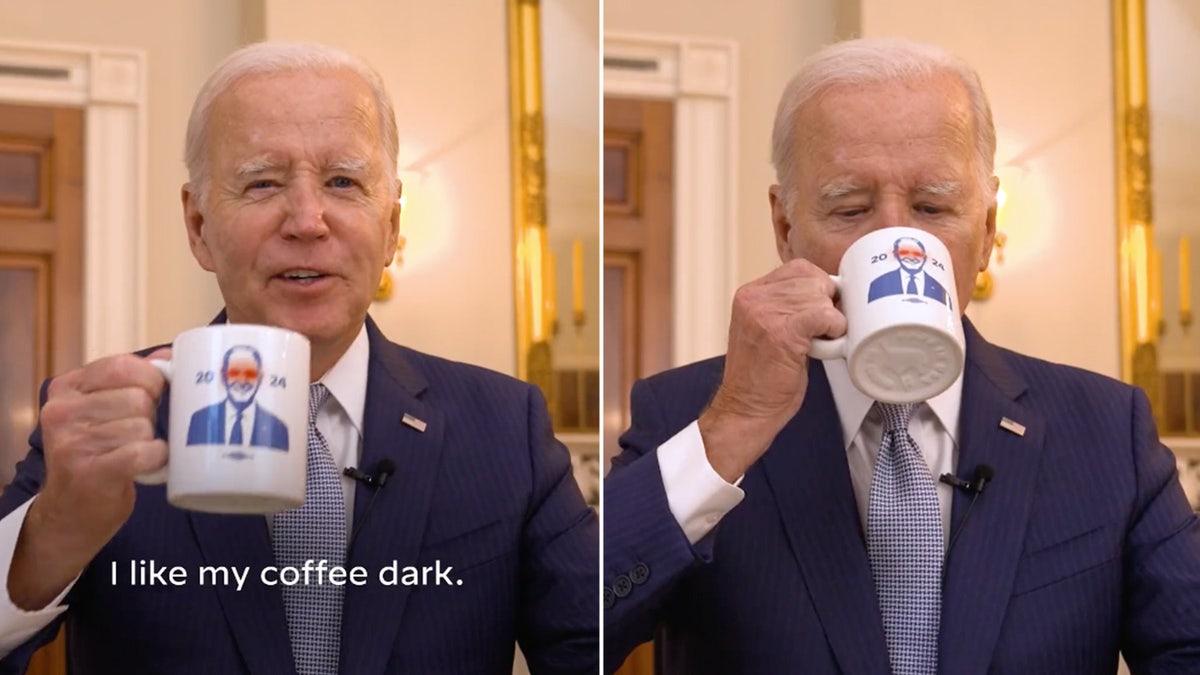The Kite Runner And Nigeria: A Study In Pragmatism And Moral Compromise

Table of Contents
Parallels in Societal Structures: Power Dynamics and Class Divisions
The Kite Runner vividly portrays the stark class divisions between Amir, from a privileged Pashtun family, and Hassan, his Hazara servant. This master-servant dynamic reflects broader power imbalances rooted in ethnicity and socioeconomic status. This mirrors the complex social stratification within Nigeria, marked by significant wealth inequality and enduring legacies of colonialism. The moral compromises stemming from these power dynamics are strikingly similar in both contexts.
- Examples of class conflict in The Kite Runner: Amir's betrayal of Hassan, the inherent inequality in their relationship, and the subsequent systemic injustices faced by the Hazara community.
- Comparable situations in Nigerian society: The vast gap between the wealthy elite and the impoverished masses, often exacerbated by political corruption and patronage systems. The marginalization of certain ethnic groups and the resulting social inequalities.
- Analysis of how these structures influence moral choices: In both contexts, the powerful often make choices that benefit themselves at the expense of the marginalized, forcing the less powerful into difficult moral compromises for survival. The novel highlights how societal structures create a breeding ground for moral ambiguity.
The Impact of Historical Trauma and Collective Guilt
The Soviet invasion of Afghanistan profoundly impacted the characters in The Kite Runner, shaping their identities and choices. Similarly, Nigeria's colonial past and subsequent periods of political instability and ethnic conflict have left deep scars on its collective consciousness. This shared experience of historical trauma deeply influences the moral landscape of both societies.
- How trauma shapes characters' actions in The Kite Runner: Amir's cowardice in the face of Hassan's assault reflects the trauma of war and societal violence. The lasting impact of displacement and loss affects the moral compass of many characters.
- How historical trauma manifests in Nigerian society: Ethnic tensions, political corruption, and economic hardship are all lasting consequences of historical trauma, contributing to a climate of mistrust and moral ambiguity. The Biafran War, for instance, still casts a long shadow on Nigerian society.
- Analysis of shared themes of guilt, redemption, and reconciliation: Both The Kite Runner and the Nigerian experience explore the difficult paths toward acknowledging collective guilt, seeking redemption, and ultimately fostering reconciliation.
Pragmatism and Survival: Navigating Moral Dilemmas
The Kite Runner presents numerous instances where characters make pragmatic choices that compromise their moral integrity. This mirrors the daily realities faced by many Nigerians who must navigate difficult ethical dilemmas to survive.
- Specific examples of pragmatic choices with moral consequences in The Kite Runner: Amir's silence about Hassan's assault, Baba's compromises with the Taliban, and the pervasive corruption within the Afghan society.
- Real-life scenarios in Nigeria where individuals face similar dilemmas: Bribery to access essential services, navigating a corrupt political system, and making difficult choices during periods of economic hardship. These pragmatic choices often involve a compromise of moral principles.
- Discussion of the ethical considerations and the impact of cultural context: The cultural contexts in Afghanistan and Nigeria shape the perception and acceptance of such pragmatic choices, highlighting the complexity of ethical decision-making within specific cultural landscapes.
Redemption and Reconciliation: A Path Forward?
Amir's journey of redemption in The Kite Runner provides a powerful narrative of confronting past wrongs and seeking forgiveness. This theme resonates deeply with the ongoing quest for reconciliation in Nigeria, where addressing past injustices is crucial for societal healing.
- Amir's journey of redemption in The Kite Runner: His eventual confession and attempts to make amends represent a path toward personal and moral restoration.
- Potential paths towards reconciliation in Nigeria: Truth and reconciliation commissions, social justice initiatives, and fostering inter-ethnic dialogue are crucial steps toward healing the wounds of the past.
- Discussion of challenges and opportunities for societal healing: The path to reconciliation is fraught with challenges, but it also offers opportunities to build a more just and equitable society.
Conclusion: Understanding Moral Compromise in The Kite Runner and its Nigerian Resonance
This comparative analysis of "The Kite Runner and Nigeria" demonstrates striking parallels in how societal structures, historical trauma, and the pressures of survival shape pragmatic choices and moral compromises. Both the novel and the Nigerian experience reveal the universality of these ethical dilemmas. The enduring human struggle between pragmatism and moral integrity transcends geographical boundaries and cultural contexts. Further exploration of "The Kite Runner and Nigeria," through comparative literary analysis, offers valuable insights into the enduring human struggle between pragmatism and moral integrity, prompting a deeper understanding of moral decision-making within diverse cultural contexts. Analyzing pragmatism in The Kite Runner and its global relevance allows for a richer understanding of the human condition.

Featured Posts
-
 The Fight For American Factory Jobs Who Will Fill Them
May 20, 2025
The Fight For American Factory Jobs Who Will Fill Them
May 20, 2025 -
 Philippines Resists Chinese Pressure Over Missile Deployment
May 20, 2025
Philippines Resists Chinese Pressure Over Missile Deployment
May 20, 2025 -
 Mika Haekkinens Encouraging Words Is The F1 Door Still Open For Mick Schumacher
May 20, 2025
Mika Haekkinens Encouraging Words Is The F1 Door Still Open For Mick Schumacher
May 20, 2025 -
 Glamorous Miami Hedge Funder Faces Us Ban After Immigration Accusations
May 20, 2025
Glamorous Miami Hedge Funder Faces Us Ban After Immigration Accusations
May 20, 2025 -
 Where Hamilton Falls Short Analyzing Leclercs 2023 Advantage
May 20, 2025
Where Hamilton Falls Short Analyzing Leclercs 2023 Advantage
May 20, 2025
Latest Posts
-
 Hunter Biden Audio Recordings And President Bidens Cognitive Health An Analysis
May 20, 2025
Hunter Biden Audio Recordings And President Bidens Cognitive Health An Analysis
May 20, 2025 -
 The Gop Tax Plan And The Deficit Fact Vs Fiction
May 20, 2025
The Gop Tax Plan And The Deficit Fact Vs Fiction
May 20, 2025 -
 Manga Disaster Prediction Tourist Cancellations Surge
May 20, 2025
Manga Disaster Prediction Tourist Cancellations Surge
May 20, 2025 -
 The Bust After The Boom Economic Consequences Of Falling College Enrollment
May 20, 2025
The Bust After The Boom Economic Consequences Of Falling College Enrollment
May 20, 2025 -
 Strike Over Nj Transit Engineers Reach Agreement With Union
May 20, 2025
Strike Over Nj Transit Engineers Reach Agreement With Union
May 20, 2025
